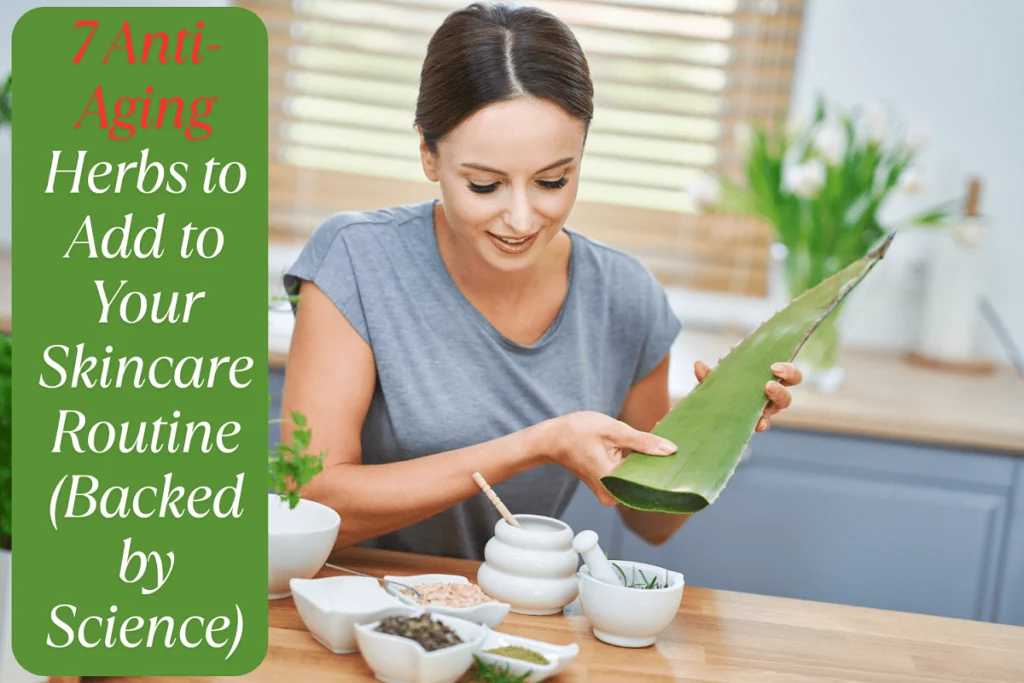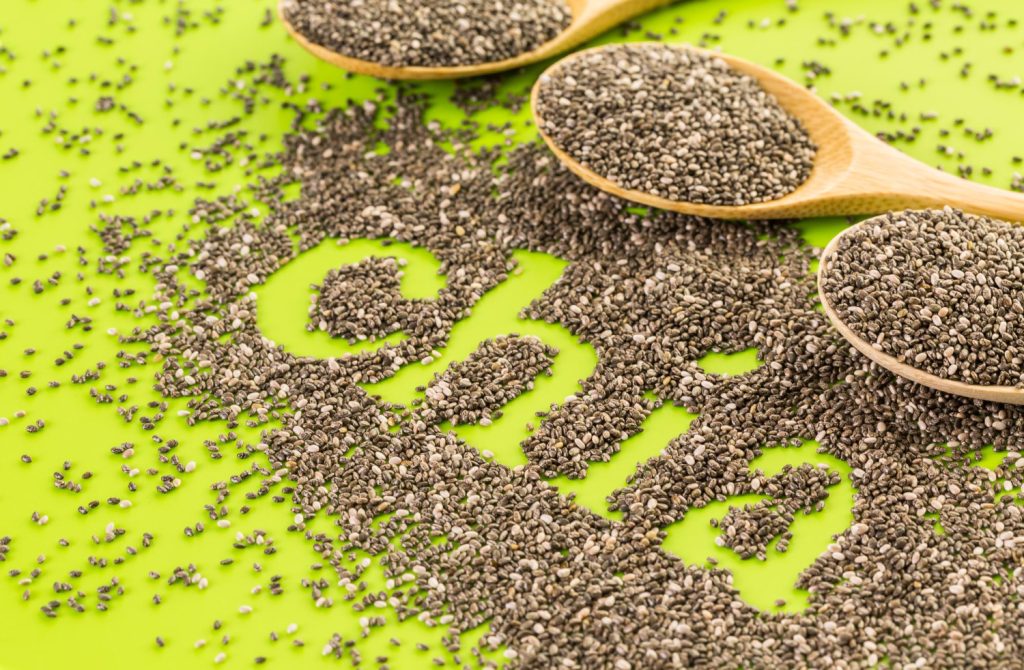Aging is inevitable, but looking your age? That’s optional—especially when nature offers powerful solutions. If you’re looking to fight fine lines, wrinkles, and dull skin without synthetic ingredients, incorporating anti-aging herbs into your skincare routine could be a game-changer. Backed by modern research and ancient traditions, these natural herbs can protect, rejuvenate, and restore your skin.
Here are 7 scientifically-backed herbs that deserve a spot in your skincare arsenal.
1. Ginseng – The Youth Root
Ginseng is a plant. Different varieties of ginseng root have been used as treatments in Asia and North America for centuries. Ginseng is one of the most popular herbal medicines in the world.
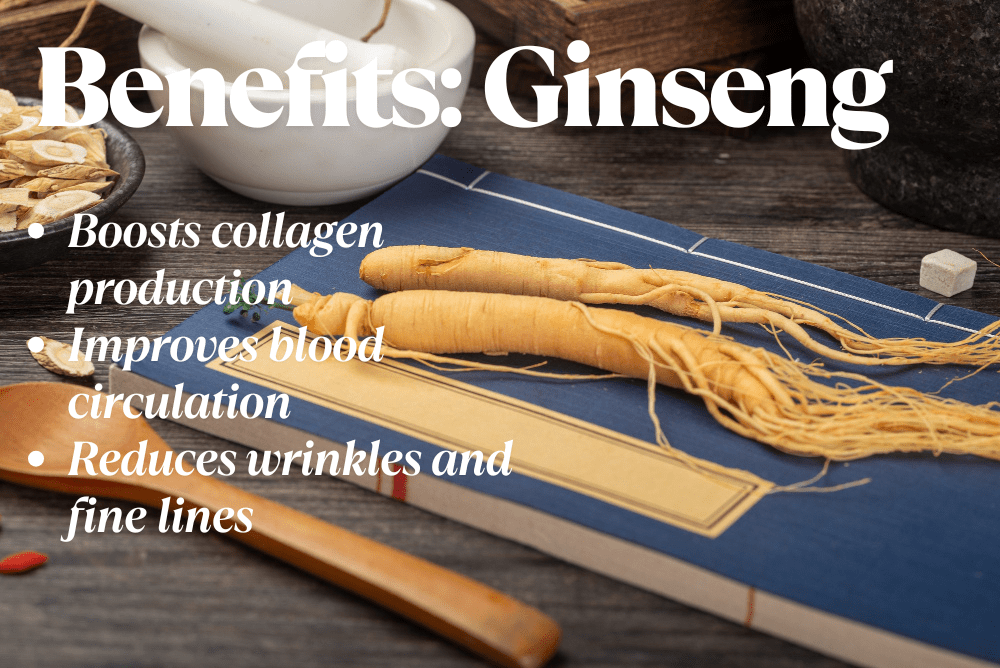
Backed by Science:
A study published in Journal of Ginseng Research found that ginsenosides, the active compounds in ginseng, improve skin elasticity and delay signs of aging by promoting collagen synthesis and protecting against UV-induced damage.
How to Use:
Look for ginseng-infused serums, or brew it as a tea and use it as a facial mist.
2. Gotu Kola – The Collagen Booster
Gotu Kola (Centella Asiatic) is a powerful herb known for its ability to boost collagen production, improve skin elasticity, and speed up wound healing. Rich in antioxidants and triterpenoids, it helps firm the skin, reduce fine lines, and restore a youthful glow. Widely used in both Ayurvedic and modern skincare, it’s especially beneficial for aging, damaged, or sensitive skin.
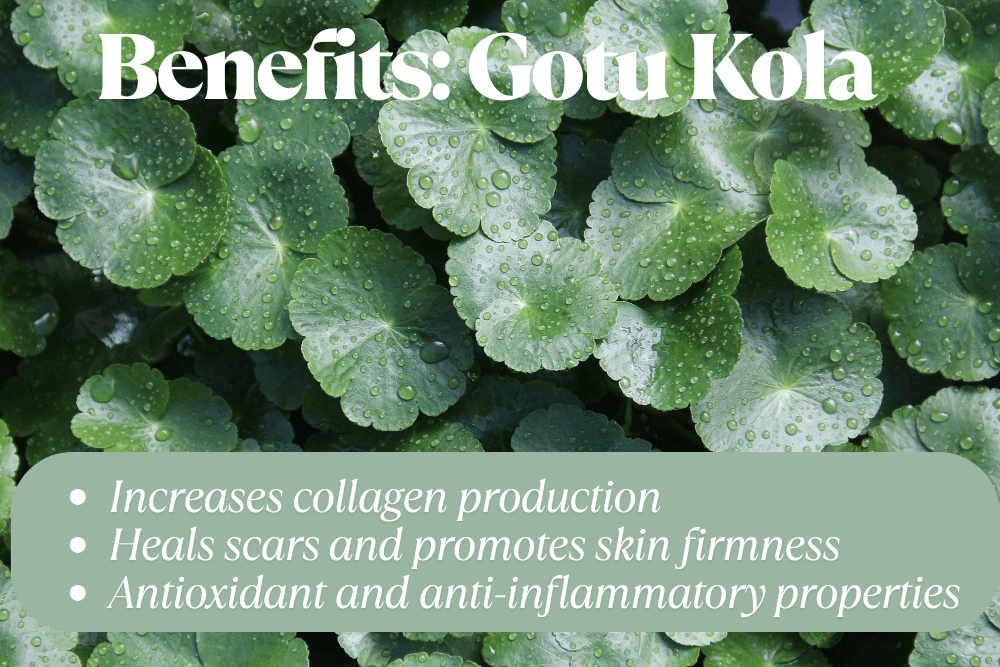
Backed by Science:
According to research in International Journal of Molecular Sciences, Gotu Kola (Centella Asiatic) helps stimulate fibroblast proliferation, which is essential for skin regeneration and elasticity.
How to Use:
Use creams or serums with Centella asiatica extract, especially for aging or sensitive skin.
3. Turmeric – The Anti-Inflammatory Powerhouse
Turmeric is a golden spice celebrated for its anti-inflammatory and antioxidant properties, thanks to its active compound curcumin. It helps brighten the skin, reduce dark spots, and fight free radicals that accelerate aging. Turmeric also calms irritation and supports a more even, radiant complexion—making it a favorite in both DIY masks and professional skincare formulas.
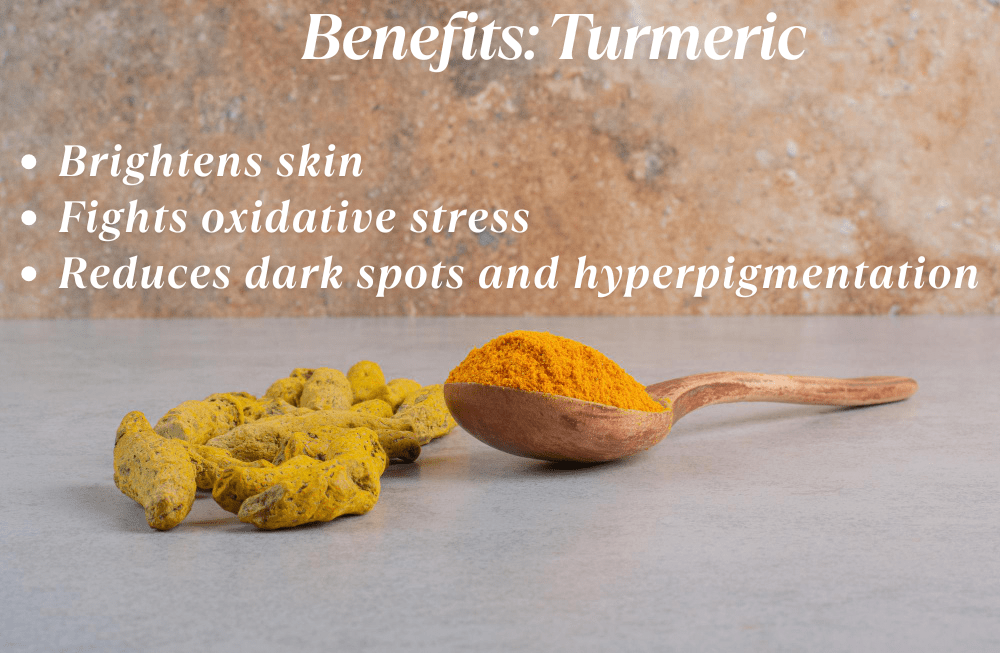
Backed by Science:
Curcumin, the active compound in turmeric, has been shown to neutralize free radicals and reduce inflammation, making it effective against signs of aging (Phototherapy Research, 2016).
How to Use:
Use turmeric face masks or opt for products containing curcumin. For sensitive skin, use it in diluted form to avoid irritation.
4. Green Tea – The Antioxidant Shield
Green tea is rich in potent antioxidants, especially EGCG (epigallocatechin gallate), which helps protect the skin from environmental damage, reduce inflammation, and slow down signs of aging. It helps minimize fine lines, soothe irritation, and improve skin tone—making it a powerful, natural defender against premature aging and dullness.
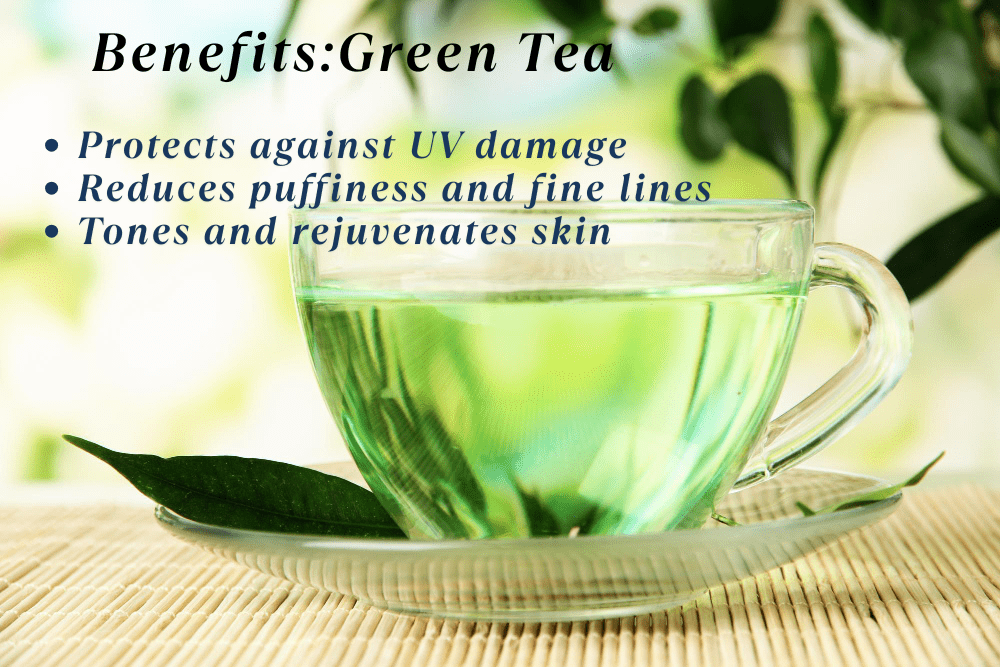
Backed by Science:
Green tea polyphenols, especially EGCG, have strong antioxidant and anti-inflammatory properties. A 2013 study in Dermatologic Therapy highlighted green tea’s role in reducing photoaging and oxidative stress.
How to Use:
Apply green tea extract or cooled green tea bags directly to the skin, or look for it in serums and moisturizers.
5. Aloe Vera – The Skin Soother
Aloe vera is a natural hydrator known for its cooling, soothing, and healing properties. It helps calm irritation, boost moisture, and stimulate collagen production, making it ideal for dry, sensitive, or aging skin. With its high content of vitamins, enzymes, and amino acids, aloe vera supports a healthy, firm, and glowing complexion.

Backed by Science:
Studies show aloe Vera stimulates fibroblast activity and boosts collagen and elastin fiber production (Indian Journal of Dermatology, 2008).
How to Use:
Apply pure aloe gel directly to your skin, or choose skincare products that list aloe as a main ingredient.
6. Rosemary – The Circulation Enhancer
Rosemary is a stimulating herb known for its ability to boost blood circulation, which helps revitalize tired, dull skin and support natural regeneration. Packed with antioxidants, it protects against free radical damage, tightens skin, and helps reduce puffiness and fine lines. Its antimicrobial properties also make it great for keeping skin clear and balanced.
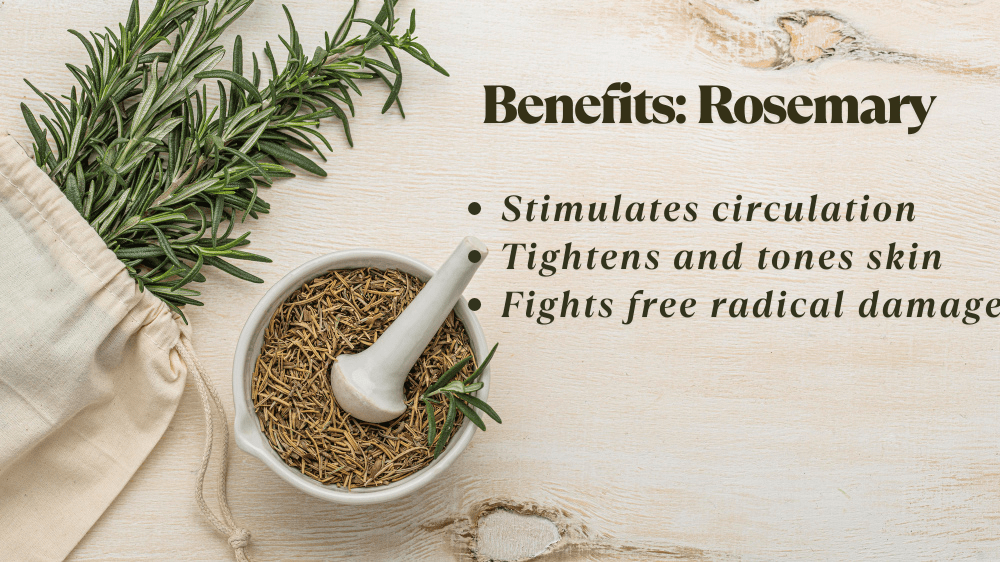
Backed by Science:
Rosemary extract has been found to have anti-inflammatory and antioxidant properties that help slow down skin aging (Journal of Medicinal Food, 2010).
How to Use:
Use rosemary-infused facial oils or toners. You can also steep the herb in water and use it as a facial rinse.
7. Licorice Root – The Natural Brightener
Licorice root is a gentle yet powerful herb that helps fade dark spots, even out skin tone, and calm redness or irritation. Its key compound, glabridin, inhibits melanin production, making it highly effective for hyperpigmentation and sun damage. With antioxidant and anti-inflammatory benefits, licorice root promotes a brighter, clearer, and more youthful complexion.
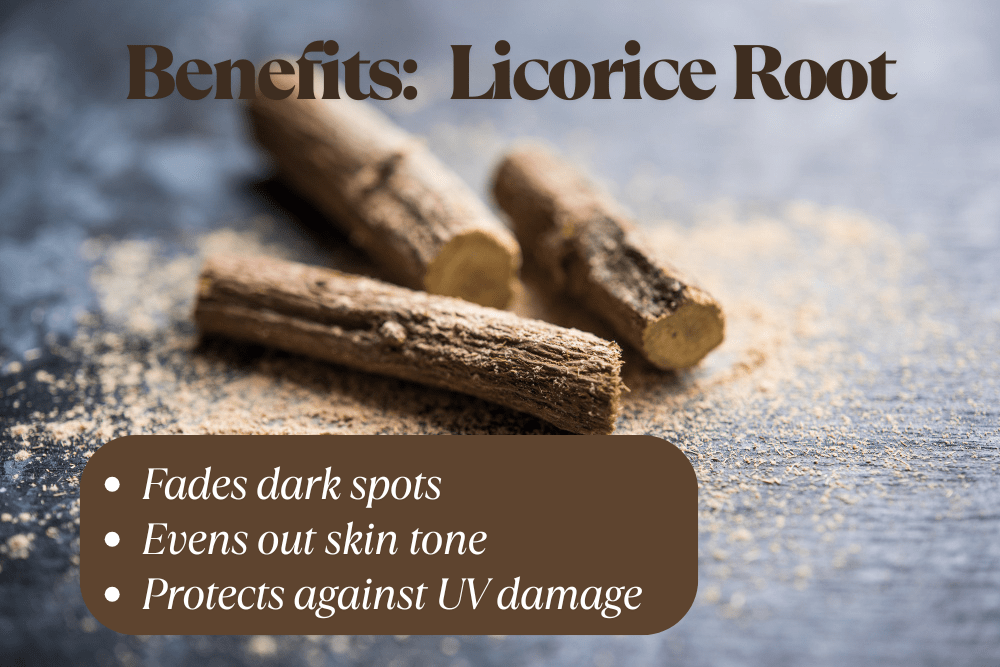
Backed by Science:
Glabridin, a compound in licorice root, inhibits tyrosinase—an enzyme involved in pigmentation—making it effective in reducing age spots (Journal of Drugs in Dermatology, 2005).
How to Use:
Find creams or serums with licorice root extract, especially for brightening and anti-aging.
Final Thoughts
Integrating these anti-aging herbs into your skincare routine is a natural and effective way to combat the signs of aging—without the harsh chemicals. Whether you opt for herbal teas, DIY masks, or serums with botanical extracts, consistency is key.
Want Glowing, Youthful Skin the Natural Way?
Start small. Pick one or two of these herbs and incorporate them into your routine today. Your skin will thank you tomorrow.

